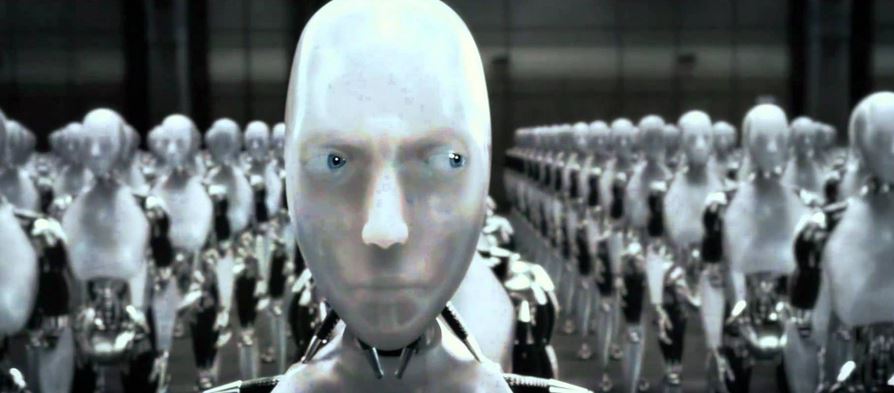Citizens of India, China, South Africa, and Brazil, the largest emerging markets, are less than critical of the continued implementation of AI (Artificial Intelligence) systems.
The data is part of a survey conducted by KPMG Australia and the University of Queensland. Here is the full text (5 MB).
In India, 75% of those surveyed from September to October 2022 would trust AI, followed by the Chinese (67%) and South Africans (57%).

Brazilians ranked 4th (56%).
Finland has the fewest people who trust AI (16%).
Respondents also answered whether Artificial Intelligence is used by their companies.
China has the most people who believe their companies use the technology (74%).
India is in 2nd place (66%), and Brazil closes in the top 3 (50%).
In India, 87% of people trust the AI system at work.
In China, the number is 83%, and in Brazil, 70%.
On the global average, respondents’ trust is 48%.
Most people (71%) disagree or are unsure that AI will create more jobs than it will end them.
Among respondents, 42% believe this technology will replace jobs in their field, 39% disagree, and 19% don’t know.
Worldwide, 82% of people said they had heard, read, or seen something about AI.
The country with the most people who have heard about this technology is South Korea (98%).
It is followed by China (96%), Finland (95%), and Singapore (94%).
In Brazil, 77% have heard of AI.
The Netherlands is where people least say they have heard of the technology (58%).
Regarding their country’s population in general, respondents were asked whether they agree that the benefits of AI outweigh the risks.
China was the nation that agreed the most (81%). Brazil came in 2nd place (71%).
More than half of the people in India, Singapore, South Africa, and Israel agree.
Less than half agree in South Korea, Australia, Finland, Canada, Germany, Estonia, Japan, the USA, the UK, the Netherlands, and France.
For the survey, 17,000 people were interviewed in 17 countries: China, Brazil, India, Singapore, South Africa, Israel, South Korea, Australia, Finland, Canada, Germany, Estonia, Japan, USA, UK, Netherlands, and France.

SCIENTISTS CALL FOR A PAUSE IN AI
More than 1,000 computer experts and technology entrepreneurs have called for a 6-month pause in developing AI technologies more evolved than GPT-4, the most updated version of the ChatGPT tool.
The calls were made in an open letter released on March 22. Read it here.
The list of personalities who signed the text includes, for example, billionaire Elon Musk, Twitter owner and Tesla founder; Apple co-founder Steve Wozniak; Stability AI director Emad Mostaque; Pinterest image platform co-founder Evan Sharp and Skype co-creator Jaan Tallinn.
In addition, thousands of researchers in artificial intelligence, including professors from renowned educational institutions such as Harvard University and the University of California, also signed it.
The petition warns that AI can cause profound changes to the planet and must be planned and managed with care and resources commensurate with the demands of this type of technology.
In the letter, the authors stated that current artificial intelligence systems had reached the point of competing with humans in general tasks.
“Should we let machines flood our information channels with propaganda and falsehoods? Should we automate all jobs, including the satisfying ones?”, they questioned.
The letter further asks readers whether they should allow machines to be manufactured, which would eventually be able to replace humans.
“Should we risk losing control of our civilization?” the petition added.
For the text’s signers, robust AI systems should be developed only when there is confidence that their effects will be positive and their risks manageable.
On March 14, OpenAI announced the GPT-4 release of the latest version of ChatGPT, a tool that uses an artificial intelligence system to write text and solve problems from user commands.
When tested by taking the Bar Examination (the test required to become a lawyer in the United States), GPT-4 ranked in the top 10%, while its previous version, GPT-3.5, ranked in the bottom 10%.
A report by OpenAI, the company that owns the platform, stated that GPT-4 could lie to accomplish a task.
The company released the study on March 16.
The 99-page document reports on tests involving the tool’s activities and capabilities. Here is the full text (5 MB).
With information from Poder360

